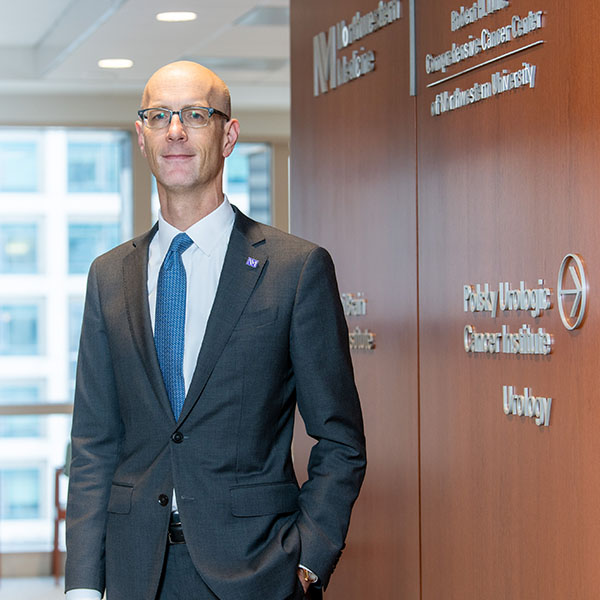
Edward Schaeffer, MD, PhD
Director, Polsky Urologic Cancer Institute
Edmund Andrews Professor and Chair
Department of Urology
Northwestern University
Feinberg School of Medicine
In January 2019, the Polsky Urologic Cancer Institute of the Robert H. Lurie Comprehensive Cancer Center of Northwestern University at Northwestern Memorial Hospital was established to create a multidisciplinary access point for the diagnosis and treatment of all genitourinary cancers. Experts from all areas of genitourinary cancer care, including urology, medical oncology, radiology and genetics, are working together in a single setting to provide integrated, state-of-the-art care for urologic oncology patients.
Our patient-centric approach, shared vision and strong collaboration between physician-scientists in the Department of Urology and the Lurie Cancer Center inspires leading-edge research that will transform our field with breakthroughs in treatment and new discoveries.
The new Institute was made possible by a commitment of $10 million from Michael Polsky, founder & CEO of Invenergy, and Tanya Polsky, philanthropist and former finance executive. The foresight, generosity and thoughtful philanthropy of the Polsky family affords us the opportunity to set a new standard in urologic cancer care.
This first year has been one of incredible growth and transformation. Through stories about promising translational research findings and innovative programs, this report illustrates how the work we do every day provides patients with complete and compassionate urologic cancer care while our researchers continue to bring new insights and advances in urologic cancer research, education and discovery. We have several exciting initiatives planned in the years to come as we continue to transform urologic cancer care in Chicago and worldwide.

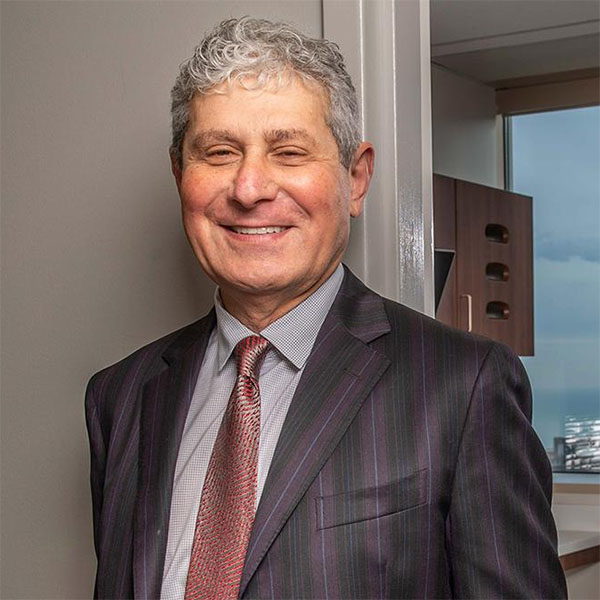
This gift to create a Urologic Cancer Institute at Northwestern Medicine symbolizes my family's commitment to help others facing cancer come out on the winning side — and to ultimately eradicate the disease. With this gift, we support Northwestern Medicine's vision to be the world's leader in diagnosing, advancing research breakthroughs and creating revolutionary treatments for urologic cancers. It is our goal to give patients the best chance of overcoming urologic cancer and future generations the hope of never developing it.
- Michael Polsky
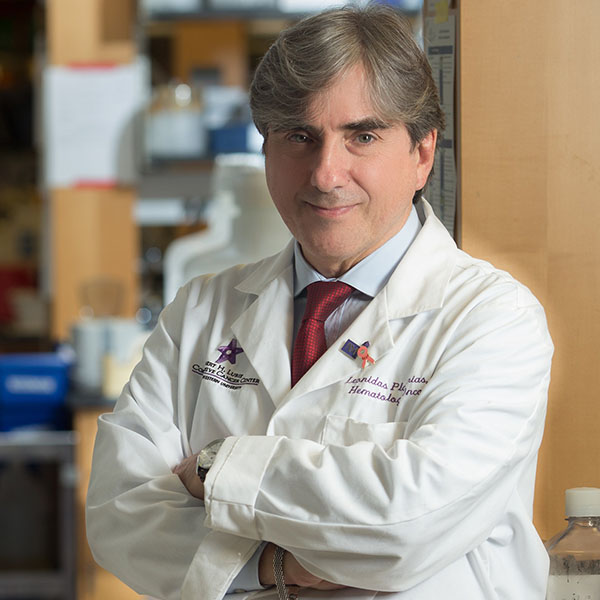
Leonidas C. Platanias, MD, PhD
Director, Robert H. Lurie Comprehensive Cancer Center of Northwestern University
Jesse, Sara, Andrew, Abigail, Benjamin and Elizabeth Lurie Professor of Oncology
Each day we renew our commitment to advancing life-changing research. Working together across disciplines, physicians and scientists at the Lurie Cancer Center are translating discoveries into personalized approaches to prevent, diagnose and treat cancer. As one of a select group of centers awarded the prestigious Comprehensive Cancer Center designation by the National Cancer Institute, the Lurie Cancer Center is leading efforts to inspire new collaborations and maximize their impact on cancer treatment — and cancer patients — across Northwestern Medicine and around the world. Our recent designation as "exceptional" by the NCI underscores the strengths that we have here at Northwestern.
We are very grateful to the Polsky family for investing in leading-edge urologic clinical care and research. This investment and creation of this Institute in the Lurie Cancer Center and Northwestern Medicine, under the strong leadership of Dr. Ted Schaeffer, will have a transformative impact and will accelerate cures for many patients with urologic cancers.

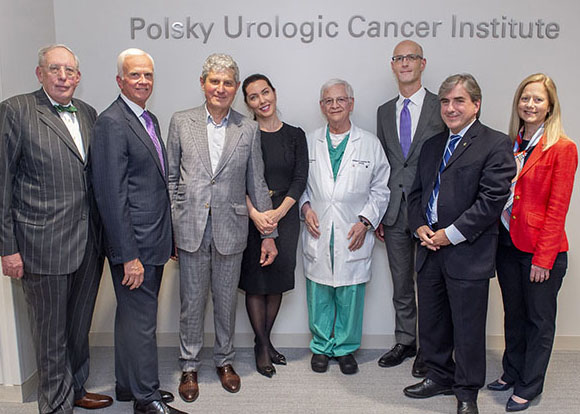
An event in grateful recognition of Michael and Tanya Polsky's transformational support of the Polsky Urologic Cancer Institute was held on June 4, 2019. The Polsky family was joined by friends, Feinberg School of Medicine and Northwestern Medicine leadership, and Institute staff in the new clinical space located on the 20th floor of the Galter Pavilion at Northwestern Memorial Hospital.
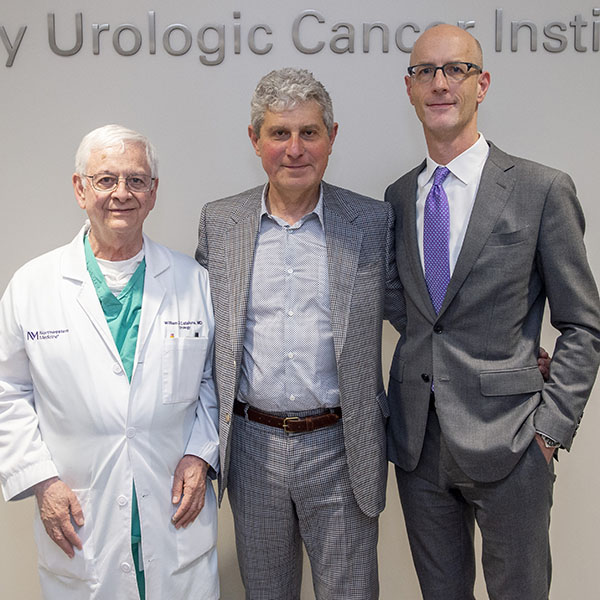
Under the leadership of Edward (Ted) Schaeffer, MD, PhD, Edmund Andrews Professor of Urology and Chair of the Department of Urology at Feinberg School of Medicine and Co-Director of the Genitourinary Oncology Program at the Lurie Cancer Center, we are committed to providing the most advanced urologic cancer care and conducting leading-edge research for the prevention, diagnosis and treatment of urologic cancers. The Polsky Urologic Cancer Institute will become a multidisciplinary access point for cancer care, including surgery, chemo-, radio- and immunotherapy as well as a resource for genetic counseling, nutritional guidance and lifestyle management.
Watch this video to learn about the future
of the Polsky Urologic Cancer Institute
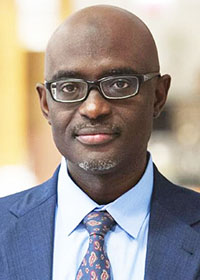
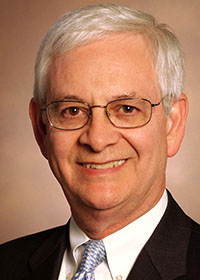
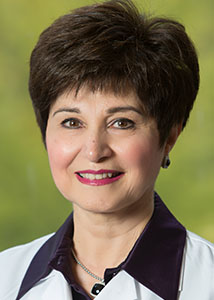
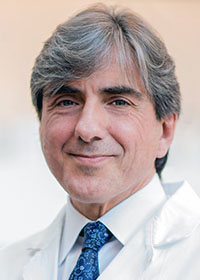
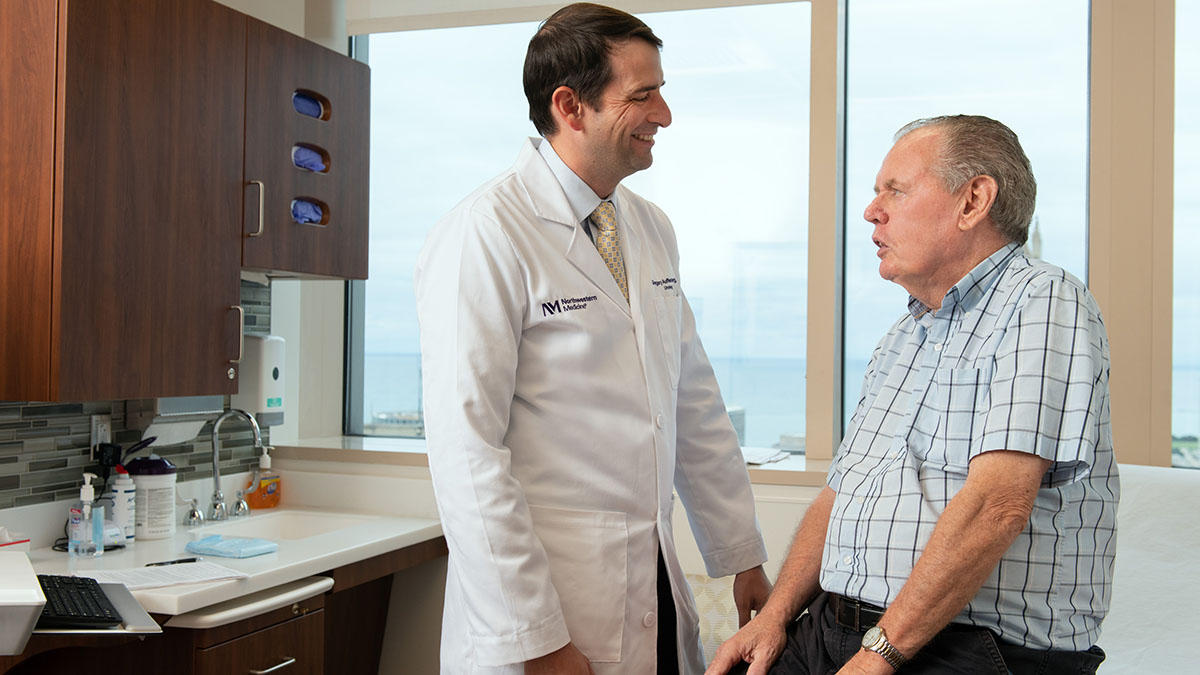
Patients at the Polsky Urologic Cancer Institute of the Lurie Cancer Center have access to some of the country's leading urologic cancer specialists and a multidisciplinary care team of providers who understand the challenges and concerns unique to patients faced with urologic cancers. Our integrated approach to prevention, diagnosis and treatment means experts from all areas of cancer care collaborate to provide comprehensive and specialized care.
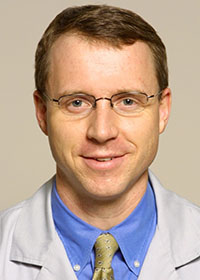
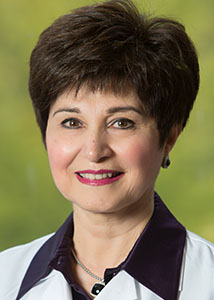
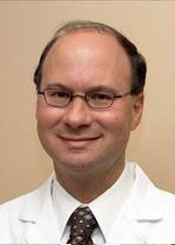
The Polsky Urologic Cancer Institute of the Lurie Cancer Center draws upon the medical expertise of Northwestern Memorial Hospital’s Department of Urology, recognized by U.S. News & World Report as the top urology program in Illinois for 22 years. Lurie Cancer Center’s program at Northwestern Memorial Hospital was ranked as one of the top 10 in the country, and #1 in Illinois. Our team of urologic cancer experts work together to offer an extensive range of innovative treatment options and clinical trials, and provide the best outcomes for our patients.
The expertise of our providers combined with our state-of-the-art facilities enabled us to provide comprehensive care to countless patients who have been diagnosed with cancers of the genitourinary tract. Our program performs more genitourinary cancer surgeries than any hospital in Illinois, and we offer tailored treatment plans for all genitourinary cancers.
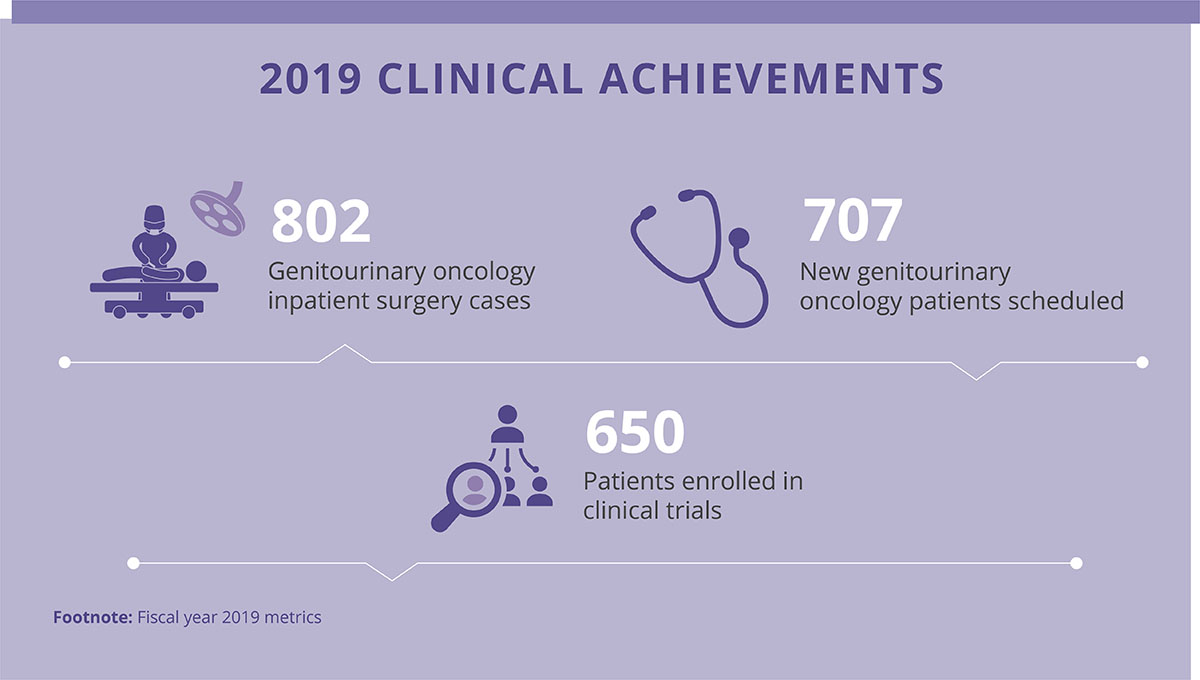
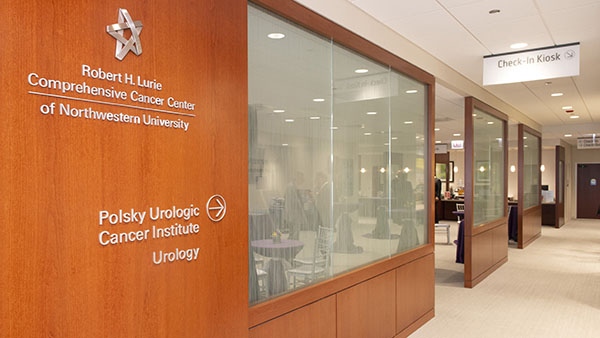
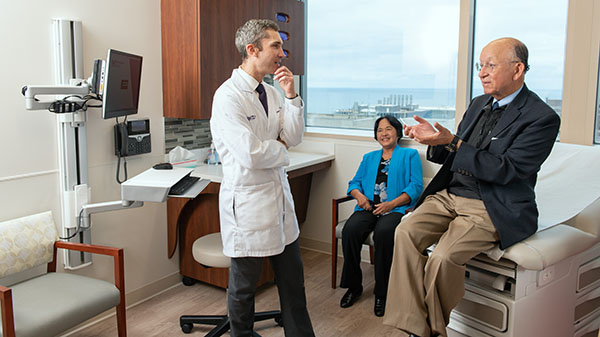
The urology clinic space on the 20th floor of Galter Pavilion was recently remodeled into a state-of-the-art facility for patients and physicians. The expanded space is also home to the Polsky Urologic Cancer Institute of the Lurie Cancer Center at Northwestern Memorial Hospital, and is part of our vision to provide personalized, integrative and innovative care to individuals with urologic cancers.
Tripling in size, the renovated space has 42 exam rooms, a new lab, and 14 additional rooms equipped for specialized procedures. Other amenities include two conference rooms to be used for support programs offered by the Polsky Urologic Cancer Institute, rooms with patient lifts for immobile patients, and surgery schedulers embedded in the clinic to facilitate instant surgery scheduling following appointments.
The clinic expansion also afforded the integration of medical oncology and urology in the same clinic. For the first time at Northwestern, medical oncologists are seeing urologic cancer patients within the urology clinic. This integrated care model has resulted in streamlined care in addition to improved communication and enhanced collaboration between the treating urologist and medical oncologists.
The Polsky Institute Cancer Genetics Program provides genetic counseling for individuals with prostate cancer or those with an increased cancer risk due to their personal and/or family history. Brittany Szymaniak, PhD, CGC, provides comprehensive risk assessment, genetic testing, and follow-up care for individuals with prostate cancer in the urology clinic. She will also help family members understand their inherited cancer risk and facilitate genetic testing if necessary.
Collaborations between genetic counselors and oncologists within the Polsky Institute have permitted the application of precision medicine to the management of prostate cancer. Based on the principle that each individual prostate cancer is unique, the patient-centered genomics research program offers personalized evaluations and customized treatment plans for patients with newly diagnosed prostate cancer. Tumor tissue is sent for genomic sequencing and molecular analysis, which allows our team to develop a personalized treatment plan based on the tumor's unique genomic profile.
Learn more about genetic counseling and genomic testing in GU cancers

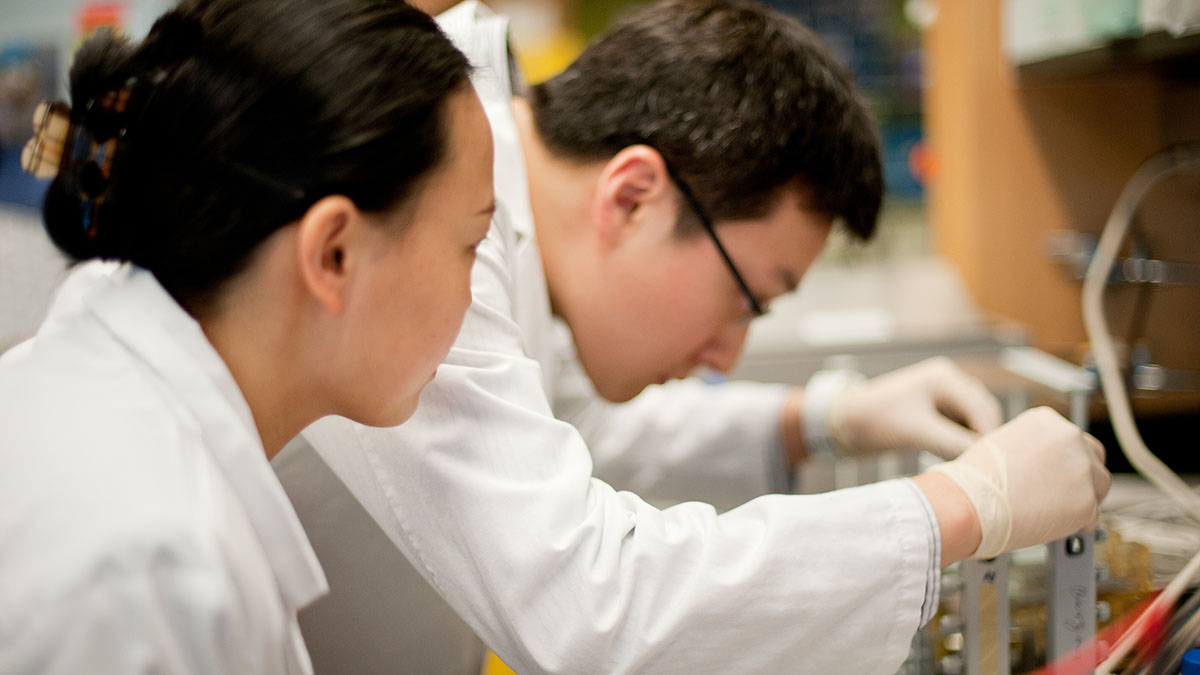
Our world-class team of scientists is changing the course of therapeutic developments and redefining treatment options, leading the way in translational and biotechnological research, launching innovative clinical trials that provide patients with early access to the most advanced treatments, and enhancing the training and education of leaders in the field.
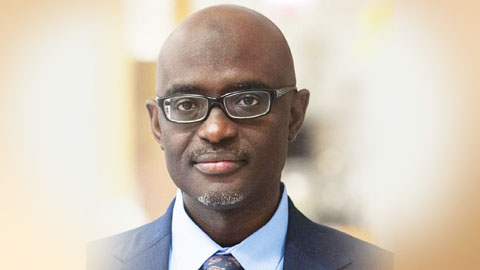
Vice Chair for Research, Department of Urology; John T. Grayhack, MD, Professor of Urological Research; Professor of Urology and Pathology
Deciphering the molecular mechanisms that drive epithelial cancer initiation, progression and recurrence with an emphasis on prostate cancer.
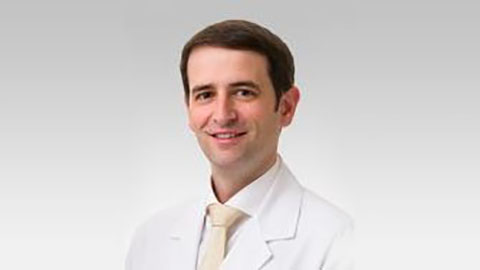
Assistant Professor of Urology
Characterizing variations in the quality of cancer care.
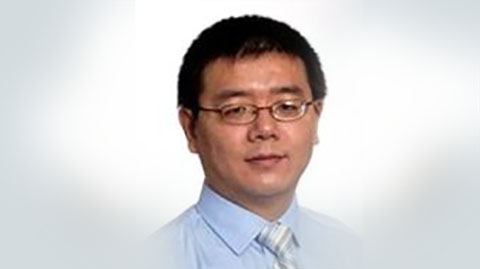
Associate Professor of Urology
Increasing understanding of how Polycomb group proteins play their oncogenic functions in the progression of prostate and breast cancer.
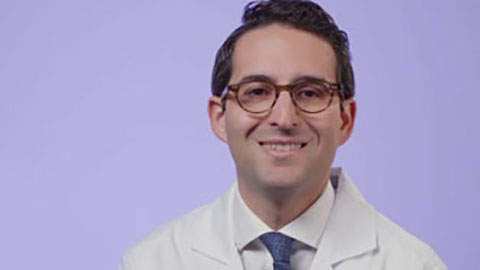
Assistant Professor of Urology
Studying the interactions between patients and the healthcare system, access to care, and ways to improve the delivery of care through health policy, medical intervention, and surgical innovation.
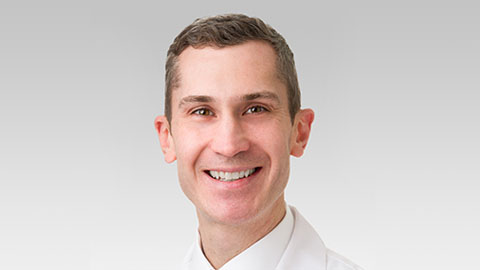
Assistant Professor of Urology and Biochemistry and Molecular Genetics
Developing novel systemic and intravesical therapies to improve survival of patients with bladder cancer.
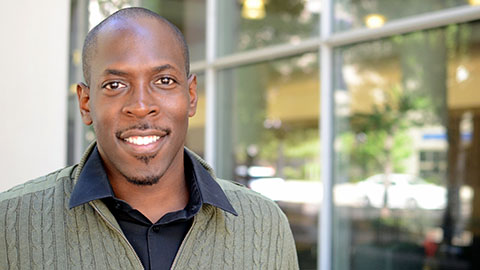
Assistant Professor of Urology and Preventive Medicine
Exploring the biological mechanisms of prostate cancer disparities in African Americans.
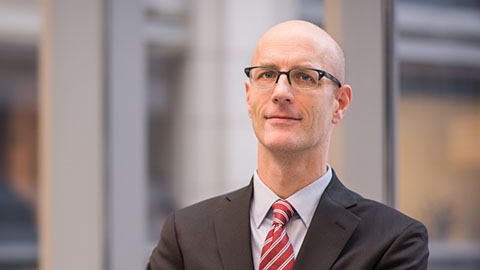
Edmund Andrews Professor and Chair of Urology
Investigating the molecular biology of lethal prostate cancer and the impact of race on the biology of prostate cancer.
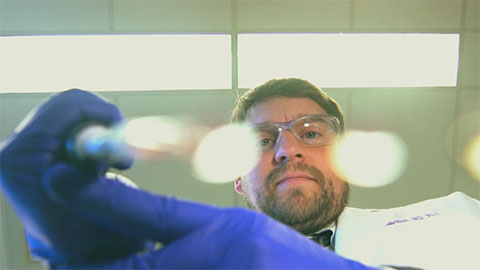
Associate Professor of Urology
Using nanotechnology to improve prostate cancer diagnosis.
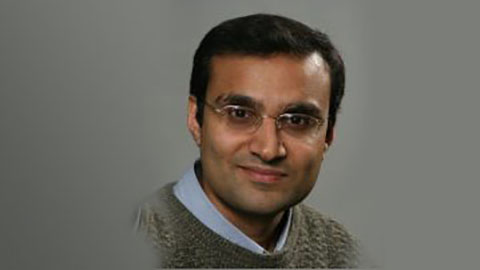
O'Conor Family Research Professor of Urology
Associate Professor of Urology and Pathology
Examining the use of immune checkpoint inhibitor therapy in prostate cancer.
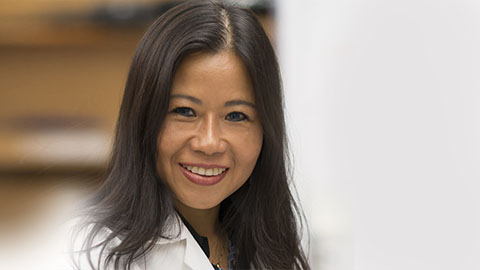
Mary and Patrick Scanlan Professor
Professor of Urology and Microbiology-Immunology
Studying the specific aspects of onco-immune interaction and cancer biology.
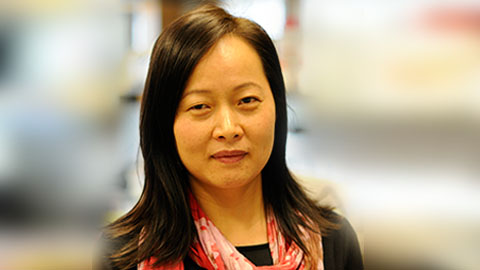
Professor of Medicine (Hematology and Oncology) and Biochemistry and Molecular Genetics
Researching the genetic and epigenetic mechanisms underlying prostate cancer progression.
$30.5M
in grant funding
#2
in NIH funding for urologic research at $7.25M
$2.48M
in philanthropic support
650
patients enrolled in GU oncology clinical trials
22
open clinical trials
201
peer-reviewed publications
This past year, investigators at the Polsky Urologic Cancer Institute of the Lurie Cancer Center made transformative new insights in the field of urologic oncology. Below are some notable achievements with promising potential to advance knowledge and improve outcomes for urologic cancer patients.
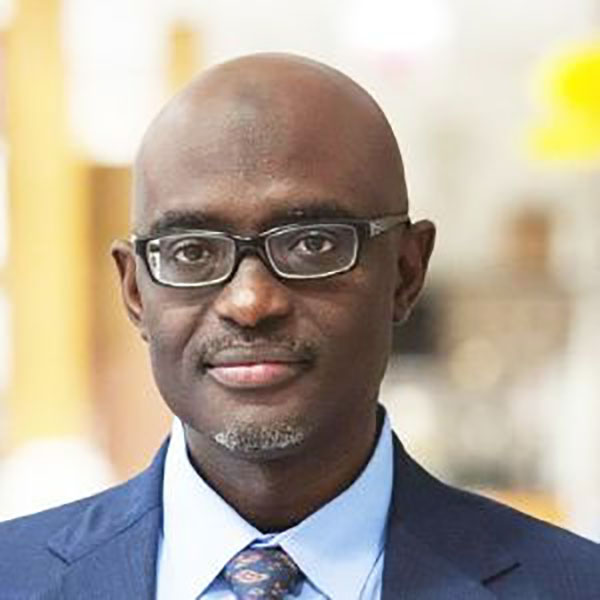
MYC is a well-known cancer promoting protein and a much sought-after therapeutic target for cancer. However, the protein lacks specific pockets that can fit small molecules or enzymatic activity that can be inhibited, so it was widely regarded an "undruggable" target. Sarki Abdulkadir, MD, PhD, has created a molecule to reduce the expression of MYC, which will soon be applied in clinical trials.
Read the manuscript published in Cancer Cell
In the news: Targeting the MYC in prostate cancer
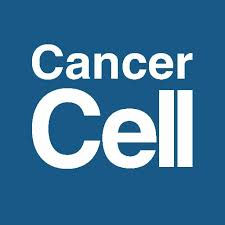
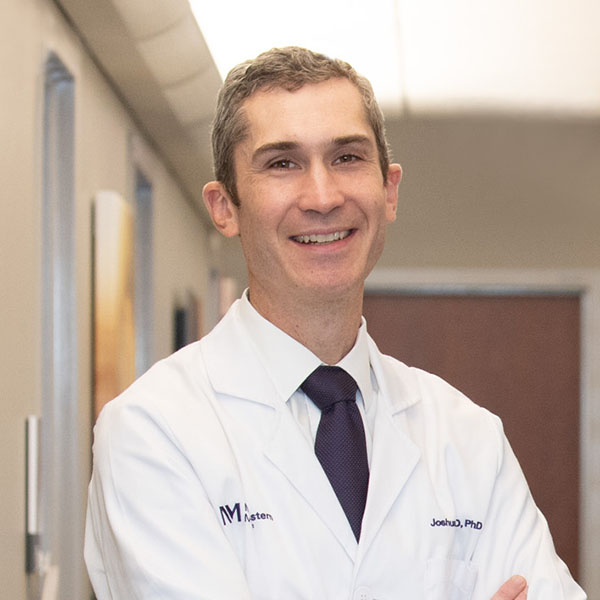
This phase III clinical trial will test how well chemotherapy and radiation therapy work with or without atezolizumab in treating patients with localized muscle invasive bladder cancer. Joshua Meeks, MD, PhD, is the translational medicine primary investigator of the study, which is currently recruiting patients at Northwestern. Once completed, it will be the largest trial in chemo-radiotherapy in North America. The trial is part of the SWOG Cancer Research Network.
In the news: Learn about the study protocol
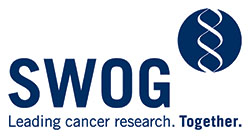
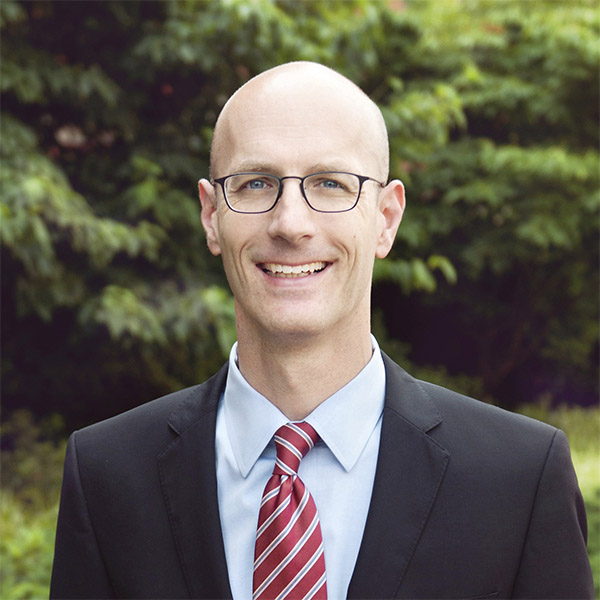
A multi-institutional study led by Edward M. Schaeffer, MD, PhD, seeks to characterize androgen receptor activity (AR-A) in localized prostate cancer, and understand its molecular and clinical implications. The study, published in Clinical Cancer Research, is the largest genomic analysis of prostate cancer to date, encompassing nearly 20,000 patients with localized prostate cancer.
Read the manuscript
in Clinical Cancer Research
In the news: AR-A in localized prostate cancer
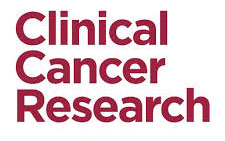
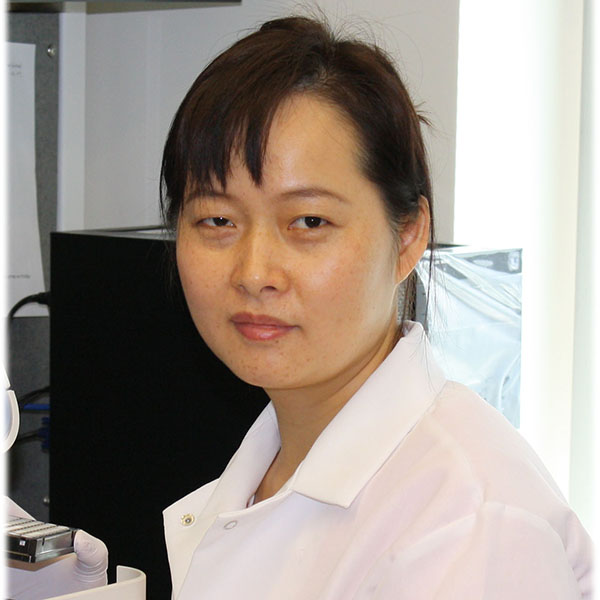
A study by Jindan Yu, MD, PhD, has provided new insights into a signaling pathway underlying metastatic prostate cancer and suggests that combining a drug called galunisertib with established therapy may improve treatment response and slow cancer growth.
Learn about the combinatorial use of enzalutamide and galunisertib in the Journal of Clinical Investigation
In the news: New strategy to treat advanced prostate cancer
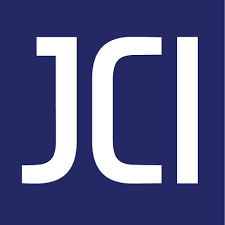
The Polsky Urologic Cancer Institute offers awards to support clinical, laboratory or translational projects with promising potential to advance knowledge and foster new, innovative research in the field of urologic oncology.
We have selected seven key projects to receive funding for the 2019 award year:
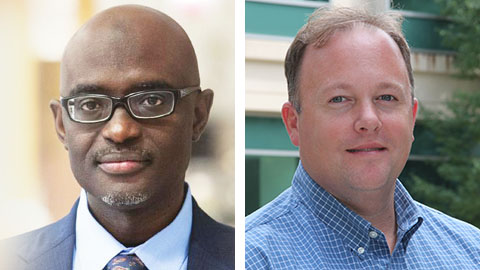
Sarki Abdulkadir, MD, PhD
Professor of Urology and , Northwestern University Feinberg School of Medicine
Gary Schiltz, PhD
Research Professor, Center for Molecular Innovation and Drug Discovery and Pharmacology, Northwestern University Feinberg School of Medicine
Learn about testing the MYC inhibitor in humans
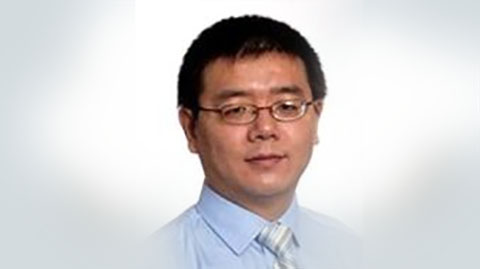
Qi Cao, PhD
Associate Professor of Urology, Northwestern University Feinberg School of Medicine
Learn about the impact of BMI1 lipogenesis genes in prostate cancer development
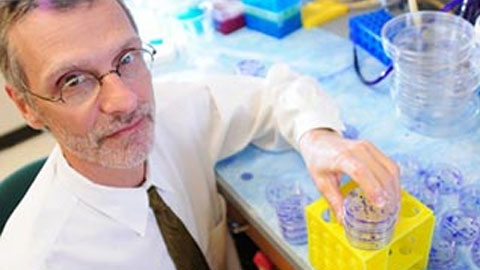
David Gius, MD, PhD
Professor of Radiation Oncology and Pharmacology, Northwestern University Feinberg School of Medicine
Learn about mitochondrial reprogramming for prostate cancers resistant to enzalutamide
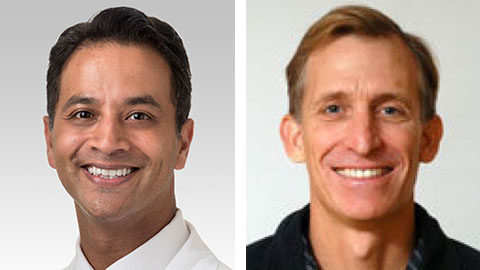
Shilajit Kundu, MD
Associate Professor of Urology, Northwestern University Feinberg School of Medicine
John S. Witte, PhD
Professor of Epidemiology/Biostatistics and Urology, UCSF Helen Diller Family Comprehensive Cancer Center

Joshua Meeks, MD, PhD
Assistant Professor of Urology and Biochemistry and Molecular Genetics, Northwestern University Feinberg School of Medicine
Learn about the differences in bladder tumor aggressiveness between males and females
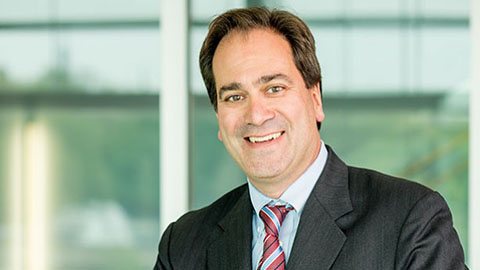
Chad Mirkin, PhD
George B. Rathmann Professor of Chemistry, Northwestern University Weinberg College of Arts & Sciences; Director of the International Institute of Nanotechnology
Learn about vaccines to target metastatic castrate-resistant prostate cancer
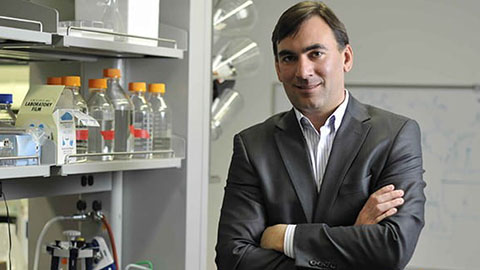
Milan Mrksich, PhD
Professor of Chemistry and Cell and Molecular Biology, Northwestern University McCormick School of Engineering
Henry Wade Rogers Professor of Biomedical Engineering, Northwestern University Weinberg College of Arts & Sciences, Interim Vice President of Research, Northwestern University
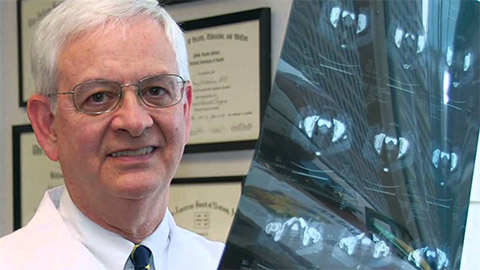
William Catalona, MD, was honored with the Richard D. Williams, MD Prostate Cancer Research Excellence Award at the 2019 American Urological Association Annual Meeting. This award, established in 2013, is presented annually to recognize outstanding and impactful work in prostate cancer research over the past 10 years. Dr. Catalona was nominated for this honor by the Society of Urologic Oncology.
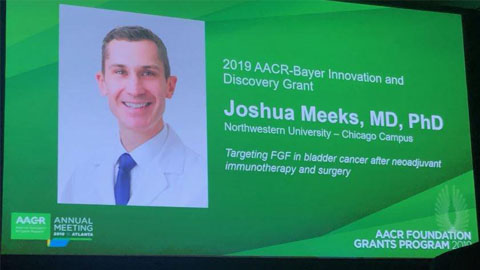
Joshua Meeks, MD, PhD, received the American Association for Cancer Research-Bayer Innovation and Discovery Grant for his project “Targeting FGF in Bladder Cancer after Neoadjuvant Immunotherapy and Surgery.” In this project, Dr. Meeks will evaluate the over-expression of fibroblast growth factor receptor (FGFR) pathways in pre-checkpoint inhibitor (CPI) tumors from the PURE-01 cohort treated with Pembrolizumab to determine if this is a viable target found more in CPI-resistant tumors. If FGFR-responsive tumors could be identified prior to treatment, the combination of immune checkpoint blockade with FGFR targeting therapy may improve the overall response, resulting in a significant impact of survival for patients with bladder cancer.

Polsky Urologic Cancer Institute faculty presented their research and lectured on the latest techniques, treatments, and research breakthroughs in urologic oncology at premier worldwide meetings, including the American Society of Clinical Oncology (ASCO) Annual Meeting, the ASCO Genitourinary Cancers Symposium and the American Urological Association (AUA) Annual Meeting.
Alicia Morgans, MD, MPH, presented her research on quality of life-focused decision-making for castrate-sensitive prostate cancer. She gave a case presentation and discussed the results of her survey research assessing quality of life factors important to men with metastatic prostate cancer.
Read an overview of Dr. Morgans’ lecture
Edward Schaeffer, MD, PhD, participated in a tumor board session on oligometastatic disease. He discussed a case presentation to illustrate the management of these patients from the perspective of a urologic oncologist.
Read a summary of the case presentation
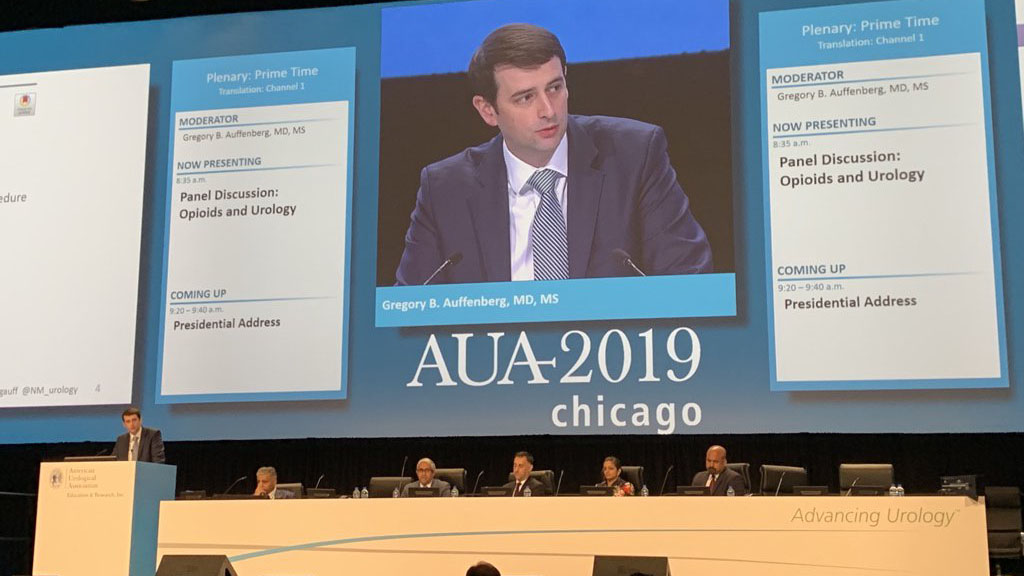
Our faculty had the opportunity to share their expertise at 29 sessions in addition to 15 abstracts presented by residents and trainees. The following faculty were highlighted by the press for their innovative work at this year’s meeting.

The Polsky Urologic Cancer Institute provides disease-specific resources and holistic care for patients from the time of diagnosis and throughout treatment and recovery.
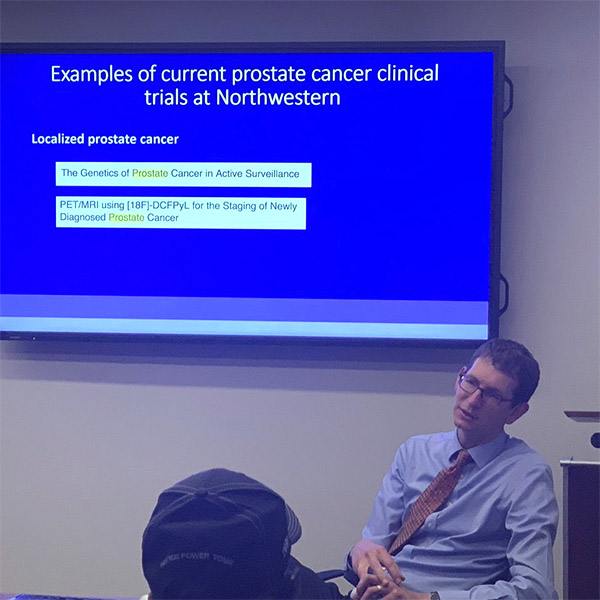
As part of our mission to improve outcomes and overall wellbeing for urologic cancer patients, our new support and wellness programs provide emotional and practical support for patients and families coping with the challenges of diagnosis, treatment and recovery.
The Prostate Cancer Support Group allows patients, survivors, families and caregivers to learn more about prostate cancer, share experiences and receive support. A variety of educational topics relevant to all prostate cancer patients are presented at monthly meetings. Previous topics have included: treatment options, managing side effects of treatment, optimizing quality of life during prostate cancer, clinical trials, and prostate cancer genetics.
Wellness consultations and guided relaxation classes are offered free of charge to help patients and caregivers ease stress and anxiety. Our wellness associate provides education on exercise during and after treatment, instruction on pelvic floor and core strengthening exercises to manage side effects of treatment, and techniques for handling stress. Seated, guided relaxation sessions are also offered monthly to help relax the body, breath and mind.
Shilajit Kundu, MD, and Alicia Morgans, MD, MPH, are conducting research to optimize quality of life for urologic cancer patients during and after treatment.
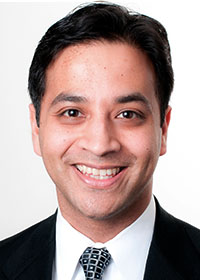
Dr. Kundu’s research aims to improve understanding of patient expectations in order to deliver effective care. He is developing interventions that balance factors associated with patient satisfaction including patient personality, the physician-patient relationship, information-processing style, and a comforting experience within the health care environment.
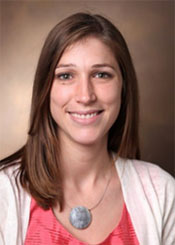
Recent research published in the Journal of Clinical Oncology by Dr. Morgans showed that patients with advanced prostate cancer who received more intensive treatment experienced worse quality of life three months after treatment, but a better quality of life in the long term, compared to those on standard therapy.
Read more about the impact of treatment selection on quality of life
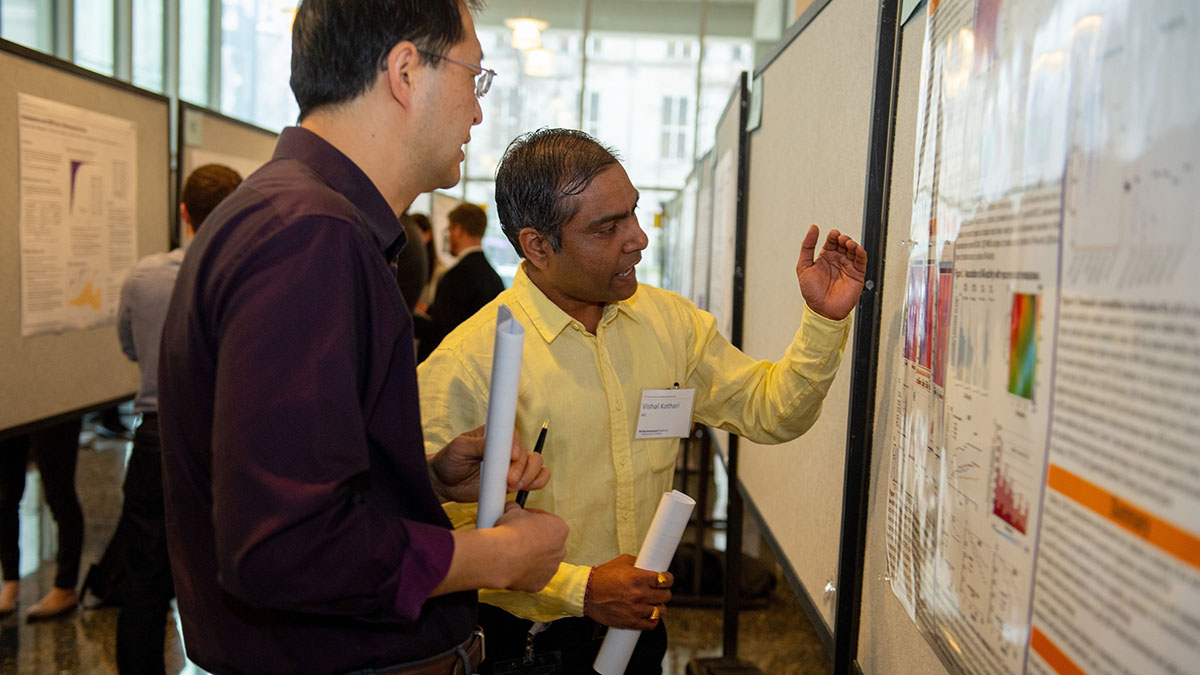
Polsky Institute faculty were selected for committees charged with writing the National Comprehensive Cancer Network (NCCN) and American Urological Association (AUA) Clinical Practice Guidelines. Lurie Cancer Center is a founding member of NCCN, an alliance of the world's leading cancer centers devoted to advancing high-quality cancer care.
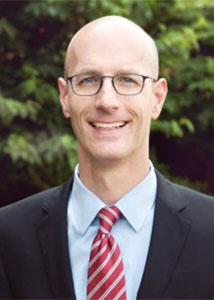
Edward Schaeffer, MD, PhD, is Chair of the NCCN Prostate Cancer Clinical Guideline Panel. The panel evaluates and revises the NCCN Clinical Practice Guidelines in Oncology for Prostate Cancer to ensure current and accurate recommendations for the guidelines, which are considered the standard for evidence-based treatment.
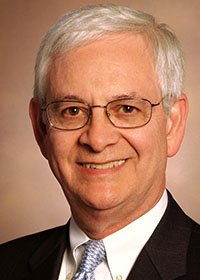
William Catalona, MD, participated on the NCCN Clinical Practice Guidelines in Oncology Prostate Cancer Early Detection panel.
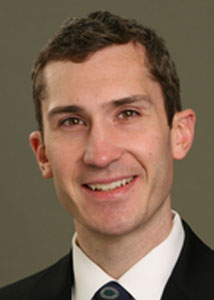
Joshua Meeks, MD, PhD, was one of 15 individuals on the committee who authored the first-ever AUA Guideline on the Diagnosis and Treatment of Early Stage Testicular Cancer. The guidelines were released in August to improve screening, diagnosis and treatment for patients with testicular cancer.
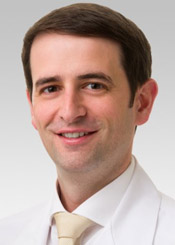
Gregory Auffenberg, MD, MS, participated in a working group to author a white paper titled ‘Optimizing Outcomes in Urologic Surgery: Postoperative’. The paper describes best practices for postoperative care in adult urologic surgery.
Adam Weiner, MD, a fourth year resident in the Department of Urology, received a Urology Care Foundation Residency Research Award for his project titled "Molecular Profiles of African American Men with Localized Prostate Cancer." This award provides motivated and exceptional urology residents with mentored training to prepare them for careers in urologic research.
Dr. Weiner is working under the direction of Edward Schaeffer, MD, PhD, to characterize the molecular subtypes of primary prostate cancer in a large cohort of African American men. Drs. Schaeffer and Weiner hypothesize that tumor molecular profiles from men with localized prostate cancer differ between African Americans and their European American counterparts in a manner that is prognostic of meaningful clinical outcomes following primary treatment with radical prostatectomy.
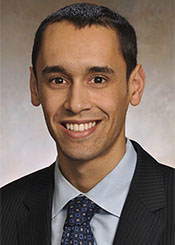

Adam Murphy, MD, studies the health disparities faced by minorities in prostate cancer, including HIV infected men and African Americans.
African American men have the highest incidence of prostate cancer in the US and are twice as likely as white men to die from the disease. Dr. Murphy is working to address this disparity with community outreach and free prostate cancer screenings in Chicago’s South and West Side communities. He has also partnered with community leaders, churches and other community groups to educate and empower men about their health. One of these programs, the Barbershop Project, provides physical and mental health education and screenings in barbershops.
Dr. Murphy also makes frequent trips to Liberia to provide urologic care for patients and to train physicians in the region. During these trips, Dr. Murphy collaborates with Project C.U.R.E. (Commission on Urgent Relief and Equipment), the largest distributor of donated medical supplies and equipment to developing countries around the world. “With the donation and shipment of basic medical equipment, Project C.U.R.E helps physicians and clinical staff in developing countries make accurate diagnoses,” Dr. Murphy said. The volunteer training, coupled with supply and equipment donations, gives clinicians in developing countries the skills and tools to carry out the work they learned from medical professionals like Dr. Murphy.

Northwestern’s cancer center, founded in 1974, was dedicated in 1991 through an endowment from Ann and Robert H. Lurie. The title was modified in 1997, when the Lurie Cancer Center received the National Cancer Institute’s (NCI) prestigious “Comprehensive” designation, a reflection of our dedication to the highest standards of cancer research, patient care, education and community outreach.
Lurie Cancer Center is a founding member of the National Comprehensive Cancer Network (NCCN), an alliance of 28 of the world's leading cancer centers, devoted to improving the quality and effectiveness of cancer care and also part of the Big Ten Cancer Research Consortium, a network of academic institutions working together on highly translational clinical trials using the expertise of Big Ten universities.
Through our clinical partnerships with Northwestern Memorial Hospital, Ann & Robert H. Lurie Children’s Hospital of Chicago, Shirley Ryan AbilityLab and the Jesse Brown VA Medical Center, Lurie Cancer Center is uniquely positioned to offer patients leading-edge treatments and exceptional cancer care.
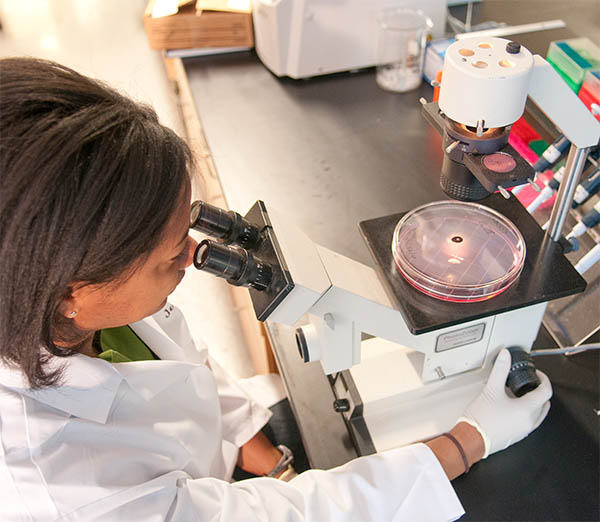
For more information, please visit the
Polsky Urologic Cancer Institute website
Follow Northwestern Urology on Twitter
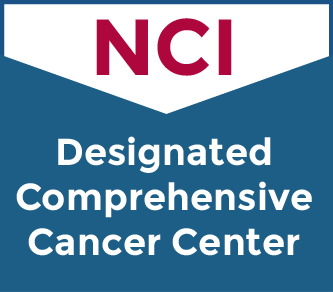

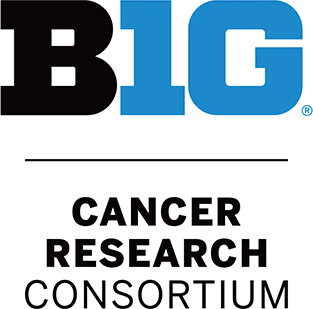
© Robert H. Lurie Comprehensive Cancer Center
of Northwestern University
cancer.northwestern.edu | cancer@northwestern.edu